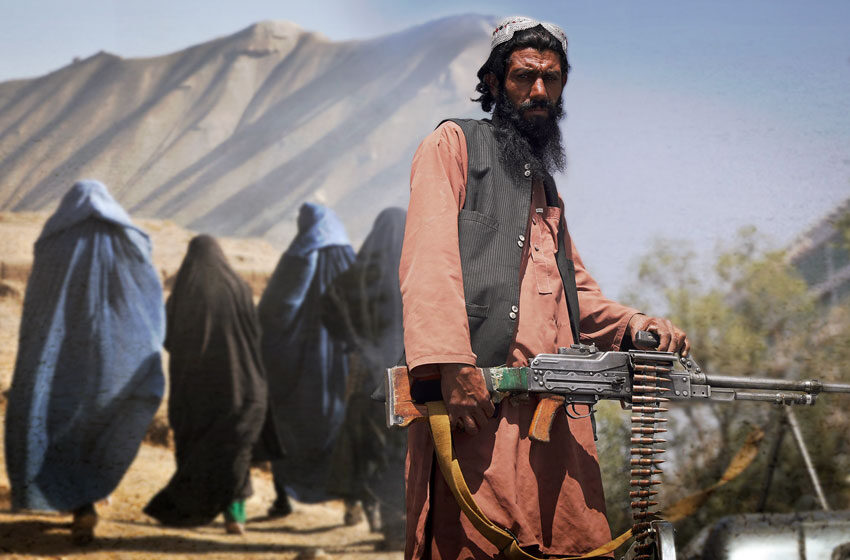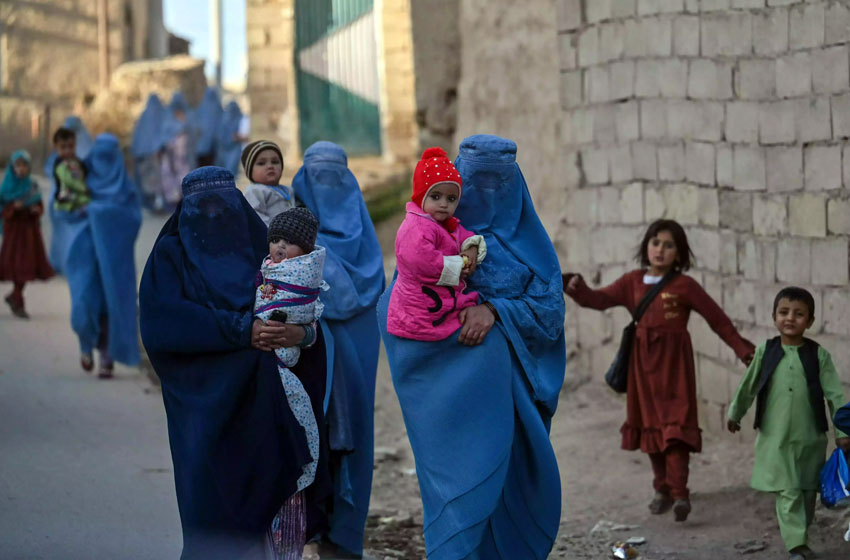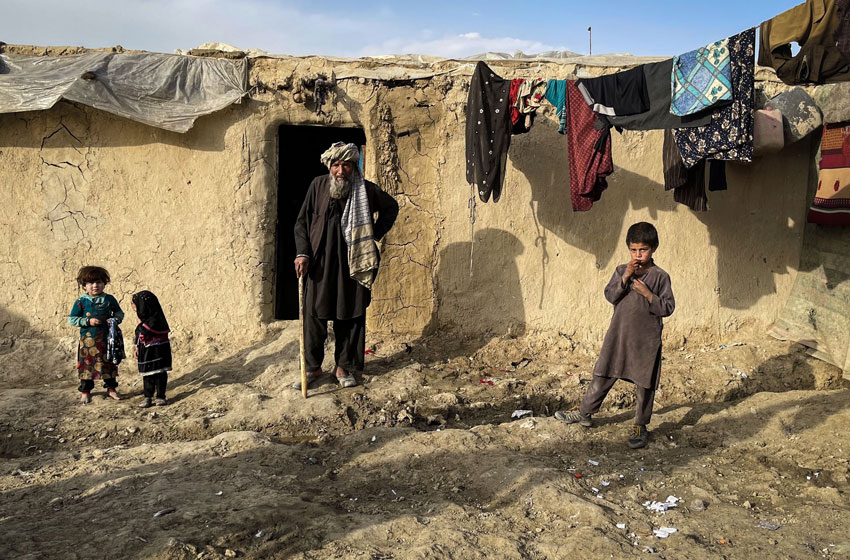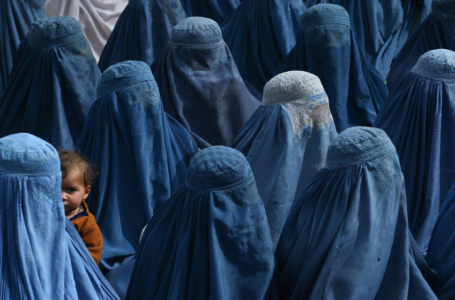Afghanistan under the Taliban rule so far

Five to six months later, after the Afghan Taliban overthrew the Ashraf Ghani government and took over the charge of Afghanistan, the country has been witnessing targeted terror attacks in different regions. Moreover, the re-emergence of extremist groups has led to increased unrest and chaos in the neighbouring country, Pakistan. A political analyst Nazrul Islam, in a statement, said that the Taliban gaining power would indirectly influence the political atmosphere. Since several terror groups secretly operate out of Pakistan, including Tehreek-e-Taliban Pakistan (TTP), the Pakistani faction of the Afghan.
Currently, the Taliban is dealing with multiple challenges that include difficulties regarding the organisational structure of governance. Also, the leaders who agreed to retain civil servants and ensure ethnic diversity for top government roles did not keep their word. Instead, all vital positions and management roles have been given to soldiers and theologians. On the other hand, in-service government employees fled or refused to work, leading to many vacancies.
Taliban officials have been reaching out to Pakistan to employ candidates and professionals for vacant positions in the government sector. Pakistan has officially denied thousands of ex-Taliban fighters living within its borders for many years. Although it is not clear how many former fighters have returned from Pakistan, there have been multiple high profile appointments.
For instance, Maulawi Saedullah, a preacher at a mosque in a Karachi slum, was appointed as a district judge in Afghanistan’s eastern province of Paktika. The new officials being hired have a monumental task ahead as they begin their work in a devastated country.
Among the many problems that Afghanistan is facing, economic crisis and hunger are the most prominent ones. Fifty-five per cent of the population are facing extreme levels of hunger, of which fourteen million children are amongst the ones who are at the risk of starvation. Additionally, according to a report by United Nations’ World Food programme, one million children could die from hunger if appropriate measures are not taken.

Restrictions imposed by the Taliban
Ever since the Taliban came into power last year, the international community has scrutinised the extremist body regarding its governance. They have been observing closely to check if the Taliban will impose harsh measures just like during the 1990s during their rule in Afghanistan. Then, some of their draconian laws included banning girls or women from education or pursuing any professional career or public life.
The Taliban has effectively imposed several restrictions, many of which pertain to women. Consequently, girls were not allowed to pursue higher studies after standard six and were banned from jobs apart from teaching and health sector jobs. Another such rule dictated women to wear headscarves but did not impose the burqa as a mandatory attire, which they did in their previous rule.
Being under fire constantly for their rules indicative of gender inequality, the Taliban has finally declared their first concession. Abdul Baqi Haqqani, the Taliban-appointed education minister, had announced (in January 2022) that universities elsewhere in Afghanistan, including the University of Afghanistan, will reopen for both men and women on Feb 26.

The United Nations Mission in Afghanistan appreciated the decision by saying that the announcement was significant for the country’s students. They further emphasised the importance of equal access to education for both young men and women.







